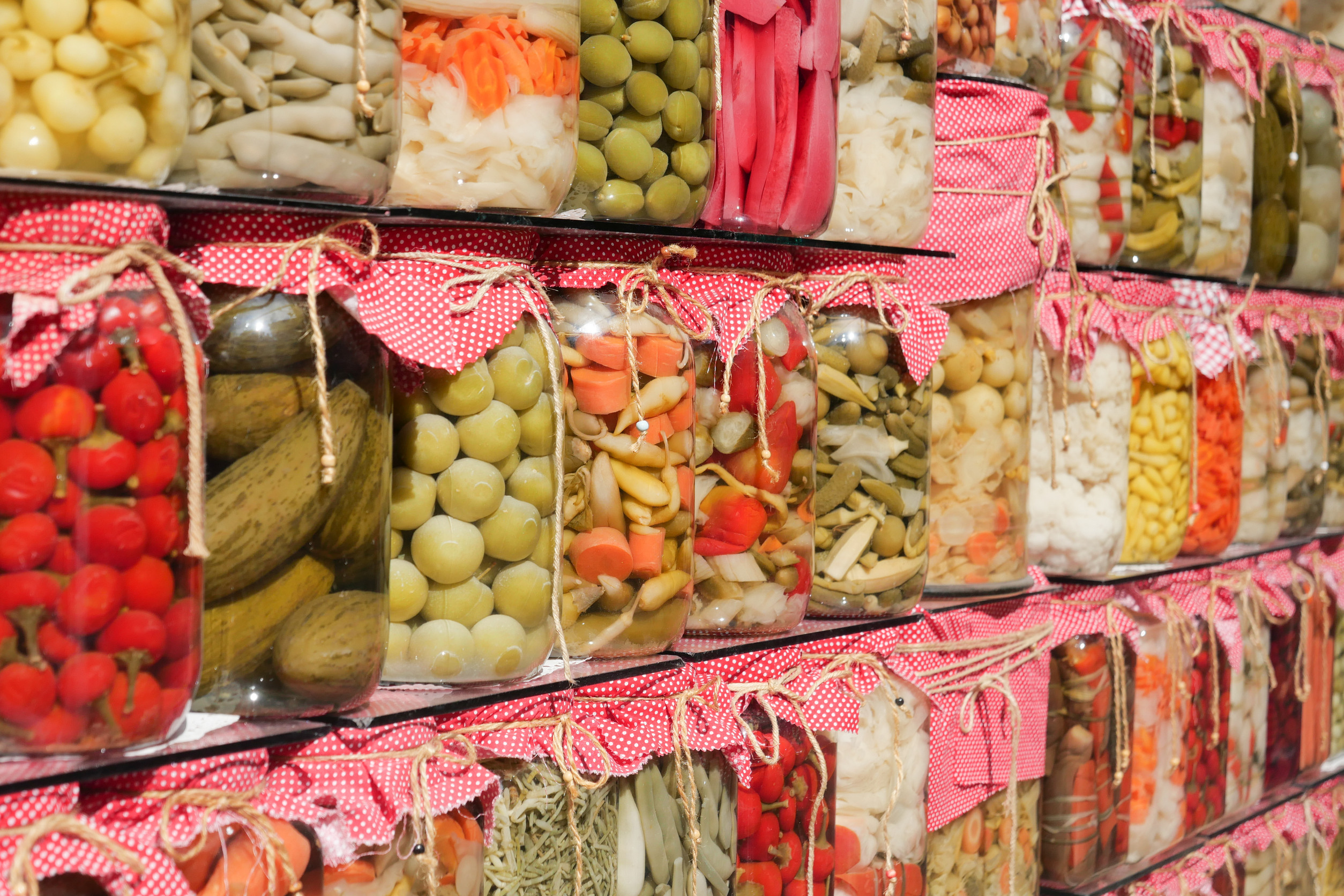Stockpiling groceries can feel smart—until your freezer fails or that bulk bread molds in weeks. Many commonly stashed items are actually not safe to stockpile long-term. These foods spoil, degrade, or lose nutrition far faster than advertised, especially without refrigeration or proper packaging. Whether you’re prepping for emergencies or just buying in bulk, it’s critical to know which groceries won’t stand the test of time. Here’s a look at seven items nutritionists and survival experts agree are risky to stockpile as essentials.
1. Frozen Foods Don’t Survive Power Outages
Freezing keeps food fresh—until the power goes out. Freezers typically stay cold for only 24–48 hours without electricity, and beyond that, food starts to spoil dangerously. Relying on frozen meals or meats in a crisis can backfire if your power fails unexpectedly. Experts recommend canned or dried alternatives that don’t rely on electricity. Stock frozen items only for short-term use, not as core emergency staples.
2. Bread Goes Moldy Fast and Wastes Space

Bulk bread is tempting, but it spoils quickly, even in the freezer, if defrosted improperly. Survival-focused sources warn that mold appears in days, making it a poor long-term pantry bet. Instead, store grains like wheat berries and flour that last much longer when properly sealed. If bread is essential, consider stockpiling ingredients and baking fresh as needed. That way, you preserve both shelf life and space.
3. Dairy Items Are Disaster Risky
Milk, cheese, yogurt, and eggs all spoil quickly and pose food safety hazards without refrigeration. Even freezing doesn’t prevent quality loss, and thawed milk and cheese aren’t the same. Instead, choose shelf-stable packs like powdered milk or canned evaporated milk designed for long-term storage. These alternatives mimic dairy benefits without risking spoilage in emergencies. Keep real dairy products in the fridge and rotate before expiration.
4. Breakfast Cereals and Processed Oats Go Stale and Bulky
While convenient, boxed cereals and instant oats aren’t built for long-term stockpiling. They quickly lose flavor and crispness, and can attract pests or go rancid. Experts recommend steel-cut oats or rolled oats in sealed, airtight containers for better longevity. Similarly, swap breakfast cereals for more shelf-stable grains like rice or dried beans. That way, you maximize nutrition and pantry efficiency.
5. Junk Food Takes Up Space, Not Nutrition
Chips, candy, sugary snacks—they may have long sell-by dates, but they add zero value in a survival situation. These comfort foods are high in empty calories and degrade faster than you’d think. Worse, they take up storage space without providing essential nutrients. Instead, stock calorie-dense essentials—nuts, peanut butter, or canned proteins. A little treat is fine, but don’t let junk food push out pantry staples.
6. Fresh Produce Spoils Without Refrigeration
We all love our apples, greens, and tomatoes—but without cold storage, these perish fast. Survival guides warn that fresh foods become a safety risk after just a few days. A smarter choice? Canned or dried fruits and vegetables that resist spoilage. You can always rehydrate or eat them straight from the jar. Fresh produce should be part of your regular shopping, but not your long-term reserve.
7. Frozen Meat Alone Isn’t Reliable Prepper Stock
Many prepare for protein by buying frozen meat, but a freezer malfunction or power outage renders it dangerous. Experts warn that relying solely on frozen meat for emergencies is unwise. Instead, lean on canned meats or commercially dehydrated/freeze-dried meats designed for long-term storage. These options are shelf-stable, portable, and safe—no generator required.
Smart Stockpiling Means Sustainable Stock Success

When you think “stockpile grocery,” choose foods designed to last without power—and don’t rely on refrigeration. Cans, dried goods, grains, and shelf-stable mixes will sustain you far longer than bread, frozen dinners, or fresh produce. The goal? A functional pantry that fuels you when it counts, without the headache of spoilage or waste. Plan your purchases around longevity and nutrition, and rotate stock wisely—all it takes is a bit of foresight.
Have you tried stocking up on any of these items—and regretted it later? What grocery item surprised you with how quickly it spoiled? Share your stockpiling experiences below!
Read More
12 Pantry Items Historically Vulnerable to Shortages (And Why You Should Stock Them)
These 6 Pantry Staples Could Become Currency In Times Of Crisis
The post 7 Grocery Items That Are No Longer Safe to Stockpile Long-Term appeared first on Grocery Coupon Guide.







